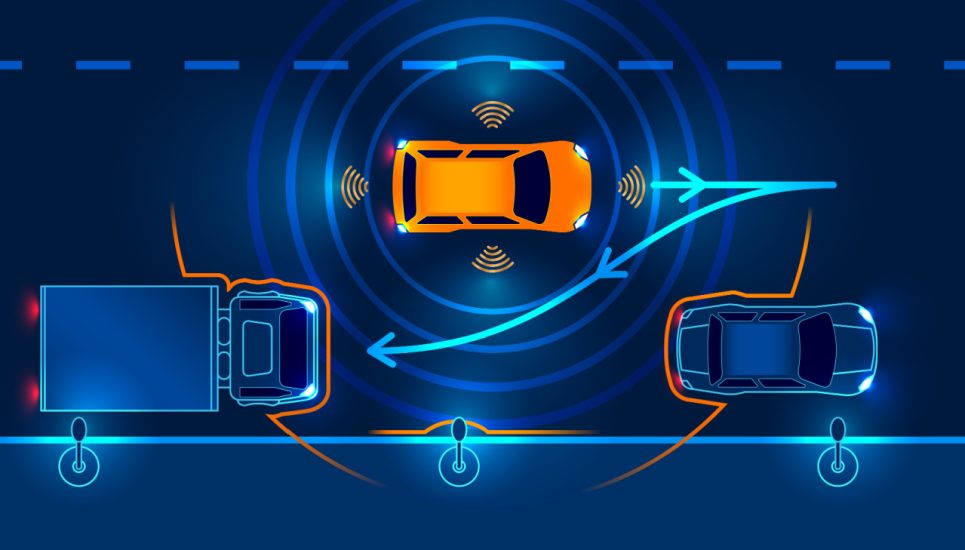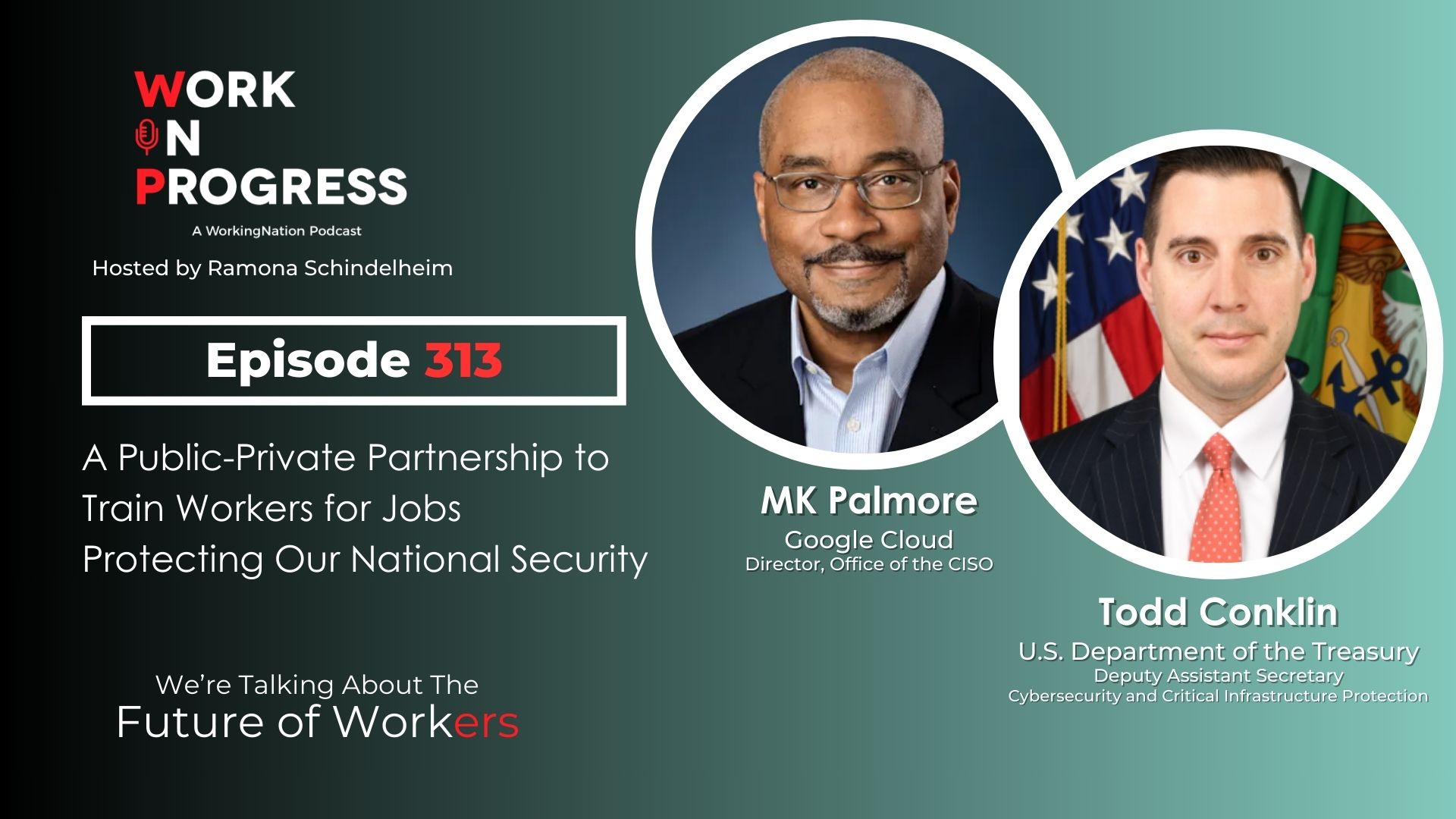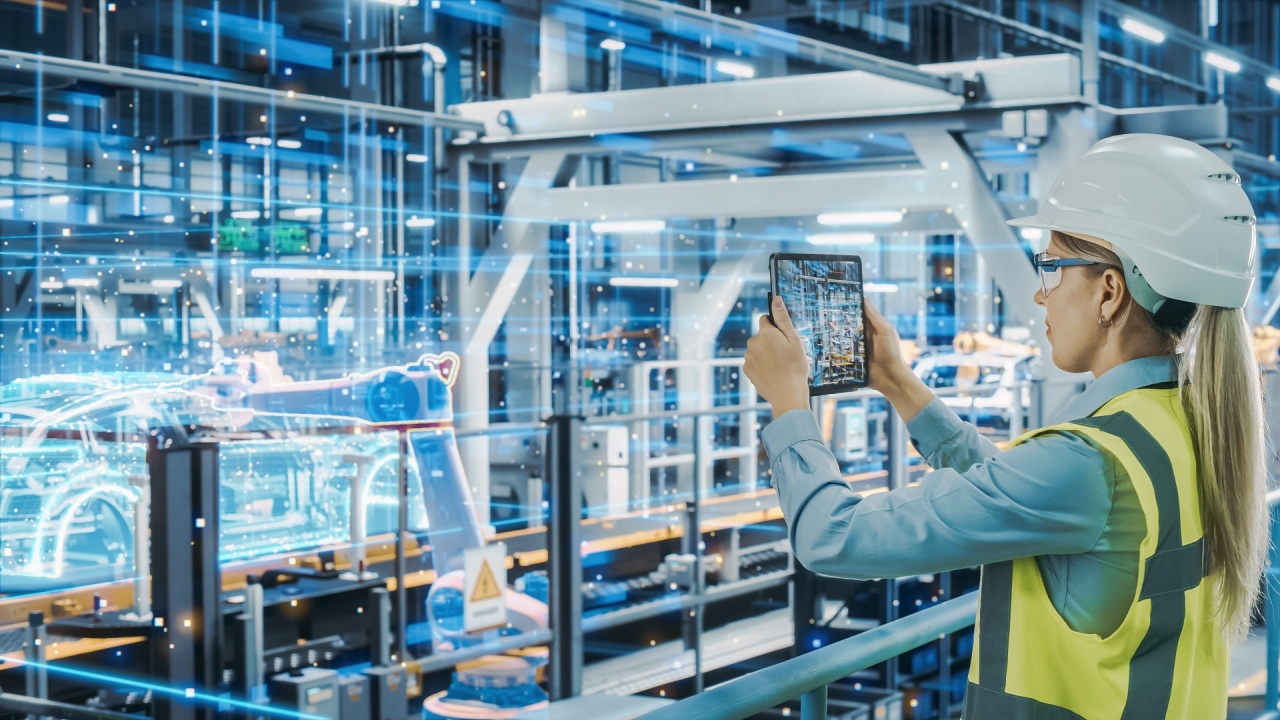Artificial intelligence has been thrust further into the spotlight now that an app can write everything from our emails to essays in the blink of an eye and pass it off as work done by humans. All the attention on AI is sparking both debate and questions about how it will be used and what will it mean for the workforce?
One industry looking to shift artificial intelligence into high gear is the autonomous vehicle industry that carries the potential to radically transform the way we live.
There have been some expectations that fully self-driving cars could be widely used by 2030, but there are plenty of experts expressing doubt at that timeline. Exactly when that will happen is unclear as safety concerns – such as recent Tesla recalls – cloud the outlook.
Partial Automation is Already Here
Partially-automated cars and trucks, though, are a reality in which technology provides assistance to drivers. And it’s creating new job opportunities as companies look to make vehicles safer.
Spartan Radar, a software company focused on improving vehicle radar systems, sits on the 21st Century Workforce Council of the Computer Technology Association which has a stated mission of “addressing the critical skills gap and creating a high-skills workforce.”
I caught up with Robert Brown, Spartan’s chief strategy officer, at CES 2023 – the Consumer Electronics Show – in Las Vegas in January. He expects his company’s new technologies to be available next year or in 2025.
“Being able to brake faster, less false positives, all the stuff that you see on the roads today in those new cars, whether it’s lane-keeping assist or automatic emergency braking, we make that system better,” says Brown.

For this kind of work, mechanical, software and systems engineering are in demand. “STEM and STEAM is a big thing right now, obviously. We hire some of the best engineering talent. Most of our engineering talent comes from the defense and military background.”
Advanced degrees in engineering, Brown says, are a “huge bonus” for his company’s workforce, but he stresses workers without those degrees have a place in the autonomous vehicle industry.
What Happens to Existing Jobs?
Brown explains that one of his roles is trying to dispel myths about how new technology in the automotive industry will eliminate jobs, particularly for drivers, in the coming years.
“There’s a lot of anxiety around that, whether you’re a taxi driver or a truck driver. When people hear about autonomous vehicles, they think driverless – ‘I’m not gonna have a job next year,’” explains Brown. But, he stresses: “If you’re a truck driver today, you’ll retire a truck driver, even with autonomous trucks, because even though it’s driverless, it’s not ‘no more drivers.’”
He adds: “Your job is still your job. It might change – hopefully it’s better – but it’s working with the autonomous vehicle rather than getting replaced by the autonomous vehicle.”
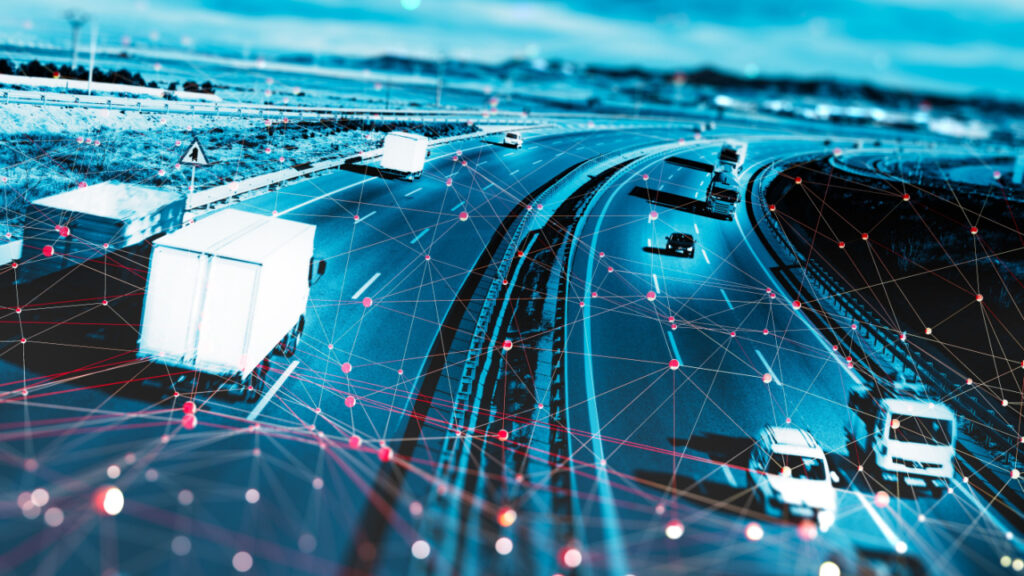
What those future jobs look like and what happens to existing jobs is something the Partnership for Transportation Innovation and Opportunity is exploring. The organization is made up of companies ranging from Amazon to Ford and associations such as the American Trucking Associations.

“PTIO was formed specifically with the goal of advancing autonomous vehicle technology in ways that will improve the quality of life and economic opportunity for Americans, including those whose jobs may evolve alongside the technology and those who will enter a workforce where there’s a tremendous amount of new job opportunities that may not be here today,” explains Kathyrn Branson, the organization’s executive director.
She says while industries have raised concerns about the future of existing jobs, she cites an example where autonomous vehicles could help solve some problems.
“What we’re seeing now is the truck driver shortage and the opportunity for autonomous vehicles really to come in and backfill the unmet need across the logistics network. I think that’s something that folks are really excited about with autonomous vehicle technology,” adds Branson.
Upskilling for Jobs of the Future

Some of that excitement is in Tucson, Arizona where the autonomous trucking company TuSimple and PIMA Community College partnered to develop a training program that offers an Autonomous Vehicle Driver and Operations Specialist Certificate, touted as the first of its kind.
Classes for the certificate include everything from introduction to autonomous vehicles, electrical systems, occupational safety, and computer hardware basics. The goal is to prepare students – even those without a commercial driver’s license – for becoming trainees for autonomous vehicle drivers, co-drivers, or operation specialists.
“It’s an opportunity for them to enhance their skills and really be able to kind of move into that industry 4.0 and the next phase of where we, and certainly others, see trucking going,” says Amanda Abens, Pima’s dean of workforce development and lifelong learning.
From her vantage point, she’s seeing companies right now interested in workers who are workers familiar with assisted technology that offer partial automation.
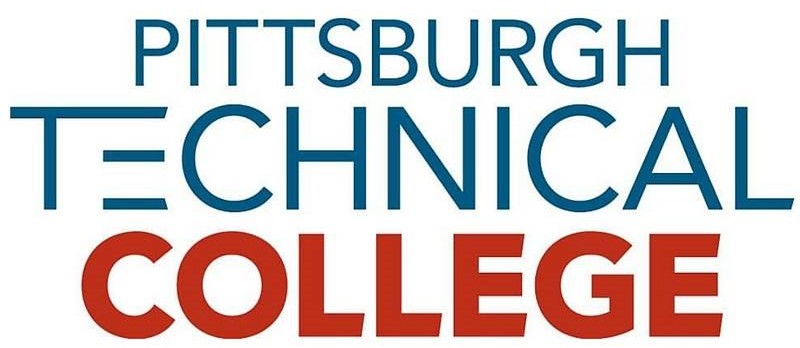
In 2022, Pittsburgh Technical College launched the Robotics and Autonomous Engineering Technology Program after partnering with Aurora, an autonomous driving company.
The 18-month program offers an associates degree, making graduates eligible for service engineer technician jobs. Classes include electronics and mechanical engineering, computer-aided design, networking, and project management.
“Right now, every company that comes to us – literally every single company that we meet with – needs technicians,” says David Becker, academic chair for electronics and trades at Pittsburgh Technical College where 15 students are enrolled in the first cohort of the program.

Another training program recently launched is in Cupertino, California where De Anza Community College partnered with Nuro, a company specializing in autonomous delivery vehicles to offer the Autonomous and Electric Vehicle Technician Pathway to prepare students for electric autonomous fleet technician jobs.
The career pathway combines coursework related to electric vehicle technology and computer programming, according to the school, which says the program also includes a tuition-free option.
Addressing Safety Concerns
Getting to the point where fully-automated cars and trucks exist has no specific time stamp, especially when public trust isn’t there. A recent survey by AAA found 68% of drivers are afraid of self-driving cars, up from 55% a year ago.
Spartan Radar’s Robert Brown, though, expresses confidence that, eventually, safety concerns about autonomous vehicles will dissipate as more testing is conducted. He believes these vehicles will ultimately improve safety on the road.
“Unlike humans, they’re not looking at their iPhones. They’re not driving drunk. They’re not driving distracted. They’re driving defensively. It’s not here yet, but I have great confidence that it’s gonna lower the number of Americans – 40,000 today – that are killed every year on the road.”

